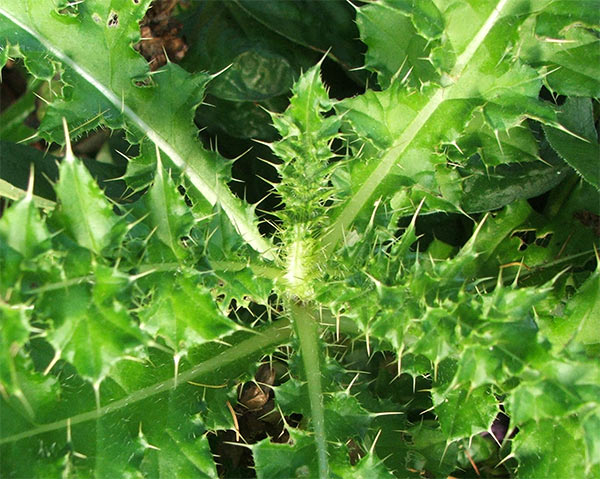
 Throughout the play “Hamlet” written by William Shakespeare,
there is the reoccurring theme of weeds. Through Shakespeare’s eyes the world can be viewed a garden. The
evil that grows in people is similar to weeds that grow in a garden. The quote,
“Tis an unweeded garden/ That grows to seed; things rank and gross in nature/
Possess it merely” (1.2.139-141), portrays the evil Hamlet believes has grown
in his mother. The queen has slept with the brother of her deceased husband,
which is horrifically viewed by Hamlet. He believes the garden/world has been
filled with only weeds or evil people now. Shakespeare writes, ““And duller
shouldst thou be than the fat weed/ That roots itself in ease on Lethe Wharf”
(1.5.39-40). This quote is spoken by the ghost He is telling Hamlet that he is
as dull as a filthy weed on the shores of Lethe if he does not get angry and
take revenge on Cladius. The weeds can display the negative qualities in people
along with their corruption. As found in the quote, “Thou mixture rank, of
midnight weeds collected” (3.2.283). Lucianus is saying that one is a deadly
mixture of weeds. Something you would not want to be compared to. Many people
know that it is much easier to grow weeds than flowers. Just like how it is
easier to behave badly than good. When evil grows, so will the weeds until the
garden or world becomes ruined.
Throughout the play “Hamlet” written by William Shakespeare,
there is the reoccurring theme of weeds. Through Shakespeare’s eyes the world can be viewed a garden. The
evil that grows in people is similar to weeds that grow in a garden. The quote,
“Tis an unweeded garden/ That grows to seed; things rank and gross in nature/
Possess it merely” (1.2.139-141), portrays the evil Hamlet believes has grown
in his mother. The queen has slept with the brother of her deceased husband,
which is horrifically viewed by Hamlet. He believes the garden/world has been
filled with only weeds or evil people now. Shakespeare writes, ““And duller
shouldst thou be than the fat weed/ That roots itself in ease on Lethe Wharf”
(1.5.39-40). This quote is spoken by the ghost He is telling Hamlet that he is
as dull as a filthy weed on the shores of Lethe if he does not get angry and
take revenge on Cladius. The weeds can display the negative qualities in people
along with their corruption. As found in the quote, “Thou mixture rank, of
midnight weeds collected” (3.2.283). Lucianus is saying that one is a deadly
mixture of weeds. Something you would not want to be compared to. Many people
know that it is much easier to grow weeds than flowers. Just like how it is
easier to behave badly than good. When evil grows, so will the weeds until the
garden or world becomes ruined.
No comments:
Post a Comment